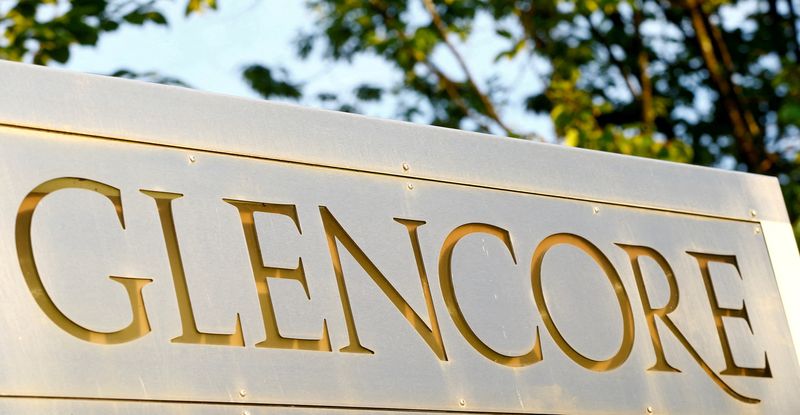LONDON (Reuters) -Glencore, ExxonMobil (NYSE:XOM) and Stellantis (NYSE:STLA) are among companies lobbying for policies that conflict with their own pledges to cut carbon emissions, a study published by non-profit think tank InfluenceMap on Thursday found.
The report assessed 293 companies from the Forbes 2000 list and found that of those with a net-zero emissions or similar climate target, nearly 60% are at risk of "net zero greenwash" due to their lobbying.
InfluenceMap uses the United Nations' High-Level Expert Group's (HLEG) "Integrity Matters" guidance on the need to align lobbying with climate commitments. Lobbying includes companies' direct policy influencing activities, and that of their industry associations.
Catherine McKenna, chair of the U.N.'s HLEG on Net Zero Emissions Commitments of Non-State Entities, said the findings should be a "wake-up call" for businesses.
"Not only are many companies choosing to undermine their own climate commitments by lobbying against climate action, their net zero commitments are simply not credible," she said.
InfluenceMap, founded in 2015 to encourage action to tackle the climate crisis, highlighted companies at the most significant risk of "net zero greenwash". These firms, it said, have climate targets but advocate for weakening climate policies or expanding the fossil fuel industry.
Glencore (OTC:GLNCY), InfluenceMap said, opposed the introduction of an ongoing climate policy in the European Union and the proposed design of Australia’s Safeguard Mechanism Reform.
Swiss commodity trading and mining company, Glencore declined to comment.
ExxonMobil had opposed the U.S. Environmental Protection Agency's proposed power plant rules and pushed for oil and gas expansion in the U.S., InfluenceMap said.
Asked to comment, a spokesman for ExxonMobil pointed to a series of announcements the oil giant had made in recent months, including plans to become a leading producer of lithium for electric vehicle batteries, and winning a carbon storage licensing round in the UK.
Stellantis, which wants to reach net-zero by 2038, opposed the EU's proposed 2035 100% carbon dioxide emissions reduction target for new cars and vans and backed efforts to weaken U.S. emissions standards for light-duty vehicles, according to InfluenceMap.
The automaker did not respond to requests for comment.
Faced with similar criticism in recent years, various companies have said they are trying to balance climate goals with the needs of many stakeholders.

The U.N., which begins its COP28 climate summit later this month, has said companies must disclose their lobbying and policy engagements and align them with their climate plans.
"Governments are failing to progress climate policy at the speed needed, and corporate influence is a key reason why," said Will Aitchison, the study's lead author.